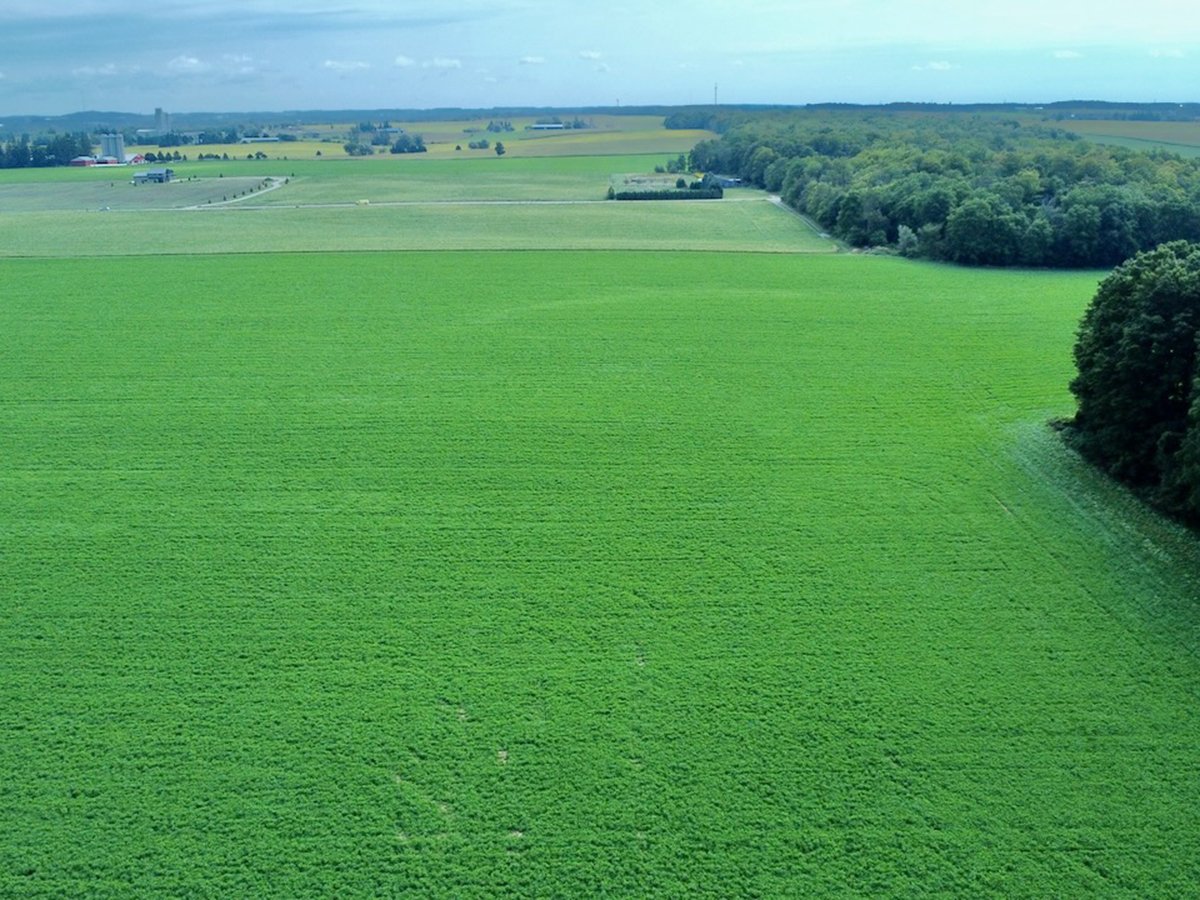Integrated North American market | Ag minister Gerry Ritz says agriculture trade is ‘essential to our economic growth’
Federal agriculture minister Gerry Ritz was in Washington last week, with agricultural business representatives in tow, to promote a greater meshing of commodity rules across the Canada-United States border.
He promoted more standardized grain grading and variety registration rules, co-operation in lobbying for international rules that allow low-level presence of unapproved genetically modified material in shipments and cross-border livestock trade free of the restrictions imposed by U.S. country-of-origin labelling.
Accompanied by representatives of the Canadian Wheat Board, Canadian Grain Commission and Grain Growers of Canada, Ritz took advantage of a meeting with grain and milling leaders to promote more open grain trade in the aftermath of the CWB single desk post-Aug. 1.
Read Also

Canadian Alliance for Net Zero Agri-Food launches farm resilience pilot projects
CANZA, the organization funded by some of the leading food industry companies to encourage resilient and regenerative practices on farms, announced how its programs will work on Oct. 7.
Ritz also used his Washington meetings with administration officials and industry groups to promote American support for Canada’s request to join the Trans-Pacific Partnership trade talks.
“As each other’s largest trading partner, we need to continue working together to make sure trade can move at the speed of commerce and benefits the agriculture industry on both sides of the border,” Ritz said Feb. 24 in a news conference from Washington, noting that millions of jobs in both countries depend on agricultural trade.
“Like never before, the flow of agricultural trade is essential to our economic growth.”
Ritz drew approval from the agricultural export groups travelling with him.
Canadian Pork Council president Jean-Guy Vincent praised the minister for promoting hog and pork exports, arguing the need for an “integrated North American market” for pork and hogs.
Canadian Cattlemen’s Association president Travis Toews credited Ritz for making trade rules a priority.
Grain Growers executive director Richard Phillips joined the chorus, noting that agriculture, food and feed products are the top five trade items going north and south.
The Conservative government is working to make sure farmers earn their money from the market and not government payments, he said in a Feb. 24 statement.
“We really appreciate the very proactive role our minister and government overall are playing in ensuring we have as many options as possible to sell our crops.”
In a Feb. 27 interview, Phillips said discussions in Washington offered the frank American opinion that if post-CWB rules result in increased grain flow south, they will need better access for delivery to the Canadian system as well to make the new regime look fair to U.S. producers.
It may require Canada to consider how American milling wheat is graded in Canada and its possible equivalency to Canadian milling grades.
“As far as what will happen after Aug. 1 when it comes to grain flows, it still is an unknown,” he said. “But clearly, discussions about the rules have started.”
Although Ritz did not end his Washington visit with concrete announcements, he told reporters Feb. 24 the Canadian delegation and their American counterparts found common ground on many issues.
The U.S. cattle and processing industries agreed with Canadians that the American administration should not exercise its option to appeal a World Trade Organization ruling on country-of-origin labelling by March 23 but instead accept the verdict that COOL rules impede trade and should be revised.














